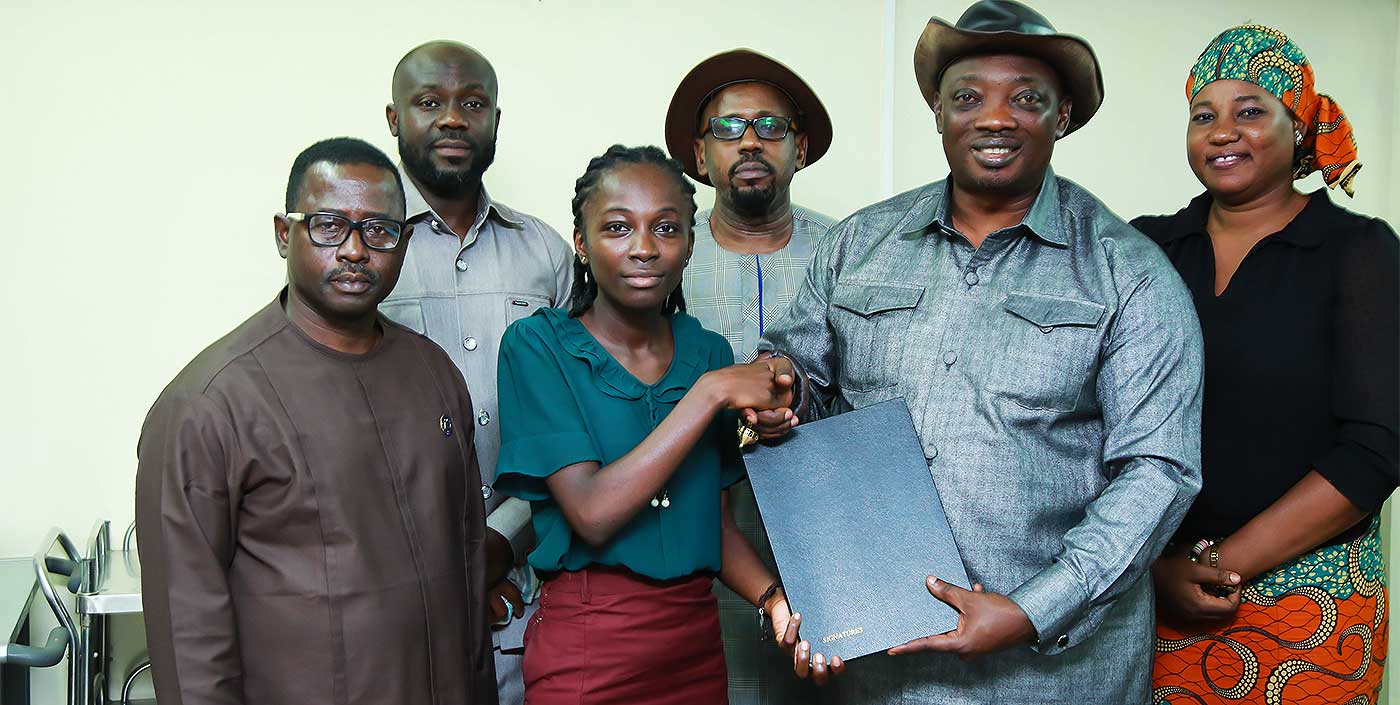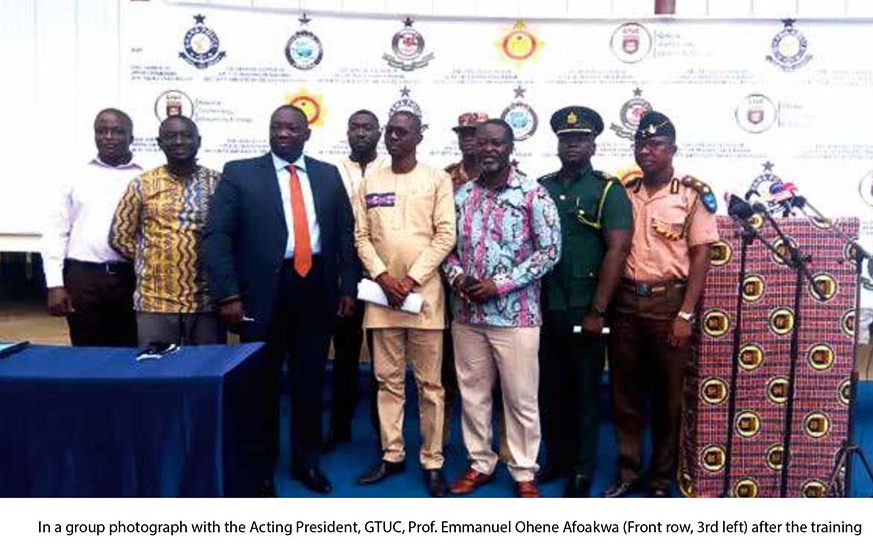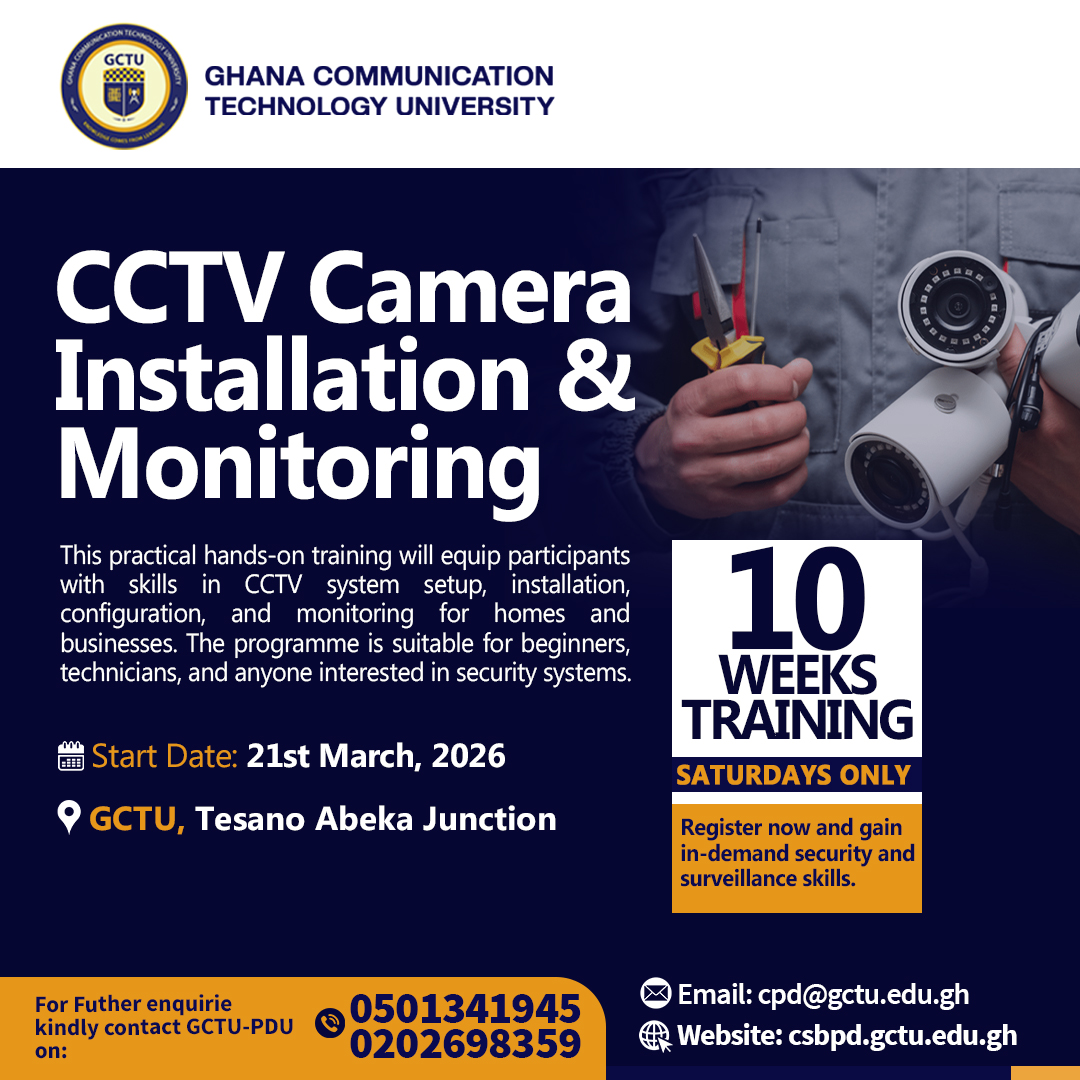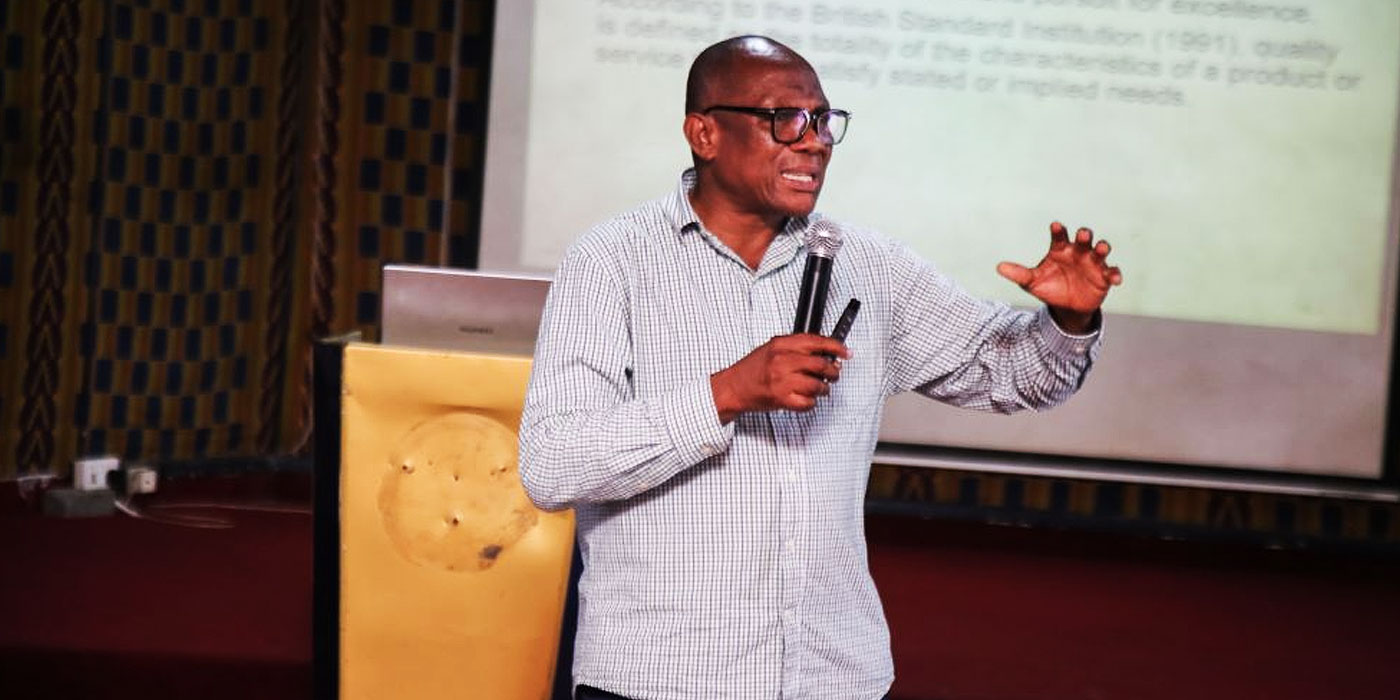
The Directorate of Human Resource and Organizational Development, GCTU, recently organized a comprehensive 4-day training workshop focused on productivity and ethics for the institution’s senior staff.
The facilitator for this impactful workshop, Rev. Dr. Kofi Ashiboe-Mensah, a distinguished Quality Assurance Specialist who currently serves as the head of the Planning and Quality Assurance Unit at Ho Technical University (HTU), emphasized the necessity of integrating quality assurance practices into daily operations. He provided a detailed overview of how quality assurance and ethical practices can significantly enhance productivity and overall institutional performance.
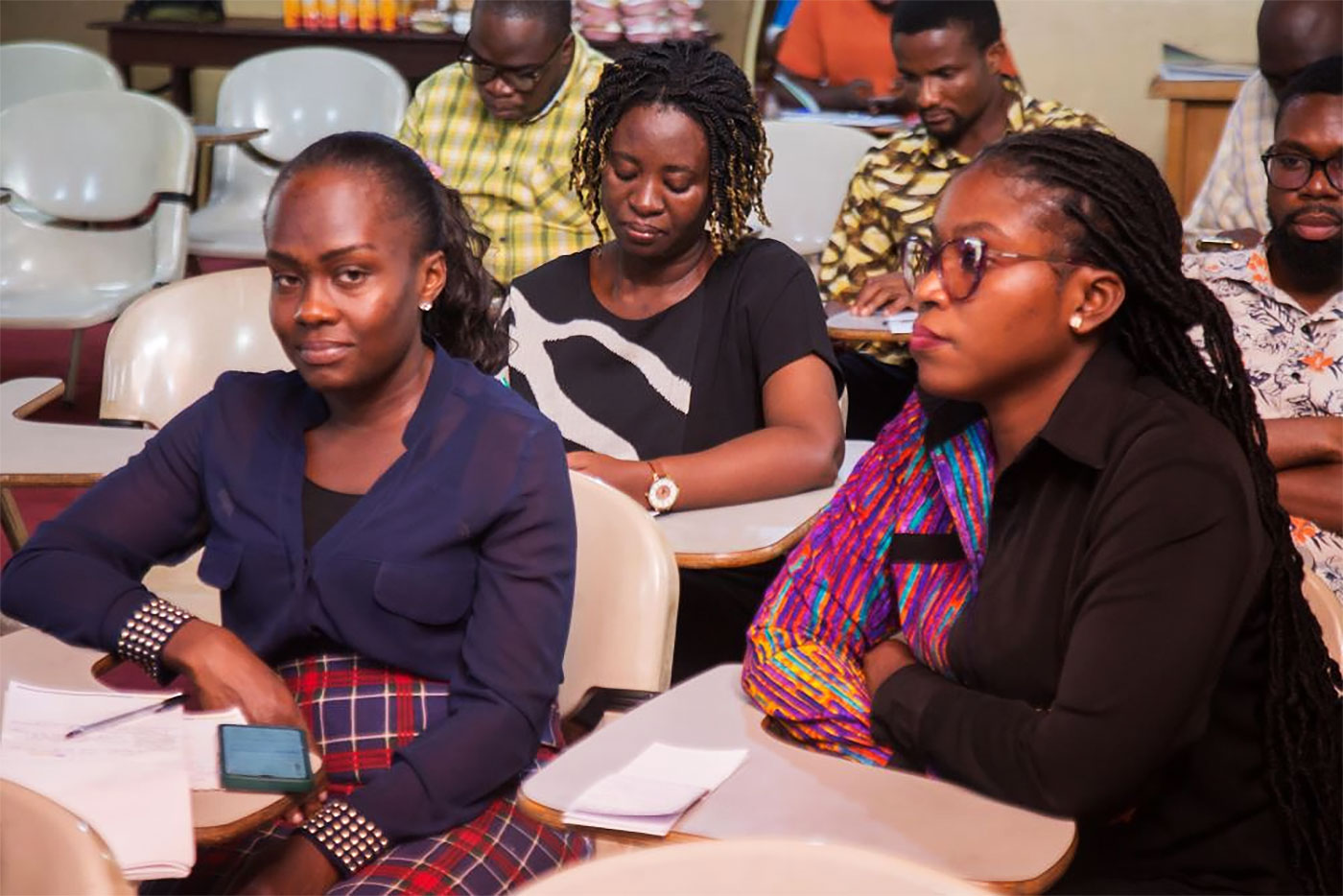
Drawing from his background in quality assurance, Dr. Ashiboe-Mensah explained, “As a Quality Assurance Officer, my work is very simple. I assess the kind of service that is being given to our customers. Our major customers are the students and other stakeholders like GTEC.” He emphasized the importance of ensuring quality across all facets of the University’s operations and reiterated the interactive nature of the workshop.
Dr. Ashiboe-Mensah’s session on Quality Processes in Higher Education focused on enhancing productivity and service delivery. Using a series of anecdotes and scenarios, he illustrated the importance of quality service and emotional intelligence in professional settings. He emphasized that in higher education, like in any service-oriented field, the quality and relevance of the services provided directly impact customer (student) satisfaction and institutional reputation.
Key points from Dr. Ashiboe-Mensah’s presentation included:
- Quality and Relevance in Service Delivery: Dr. Ashiboe-Mensah drew parallels between the indifference of a taxi driver to passenger comfort and the potential neglect of students’ needs in public universities. He stressed that salaries are guaranteed regardless of performance, leading to a lack of motivation to provide quality service.
- Emotional Intelligence and Productivity: He underscored the role of emotional intelligence in maintaining productivity, sharing personal stories to highlight how managing emotions and not letting external factors affect work performance is crucial.
- Challenges in Higher Education: Dr. Ashiboe-Mensah discussed the necessity of improving service quality to exceed customer expectations and meet global standards. He pointed out that every staff member’s actions collectively enhance the institution’s image.
- Personal Anecdotes and Solutions: Throughout the session, he shared personal experiences to demonstrate overcoming challenges and using problems as opportunities for growth and improvement.
- Practical Advice: The session included practical advice on how staff should handle dissatisfaction and criticisms, emphasizing the need for continuous improvement and quality assessment competencies in higher education.

At the opening of the training session, the Director of Human Resource and Organizational Development, Dr. Emmanuel Adjepong, emphasized the significance of the workshop.
Dr. Adjepong stated, “In coming out with this year’s training programme, an area that was considered was productivity. How do we measure that people are productive and how do we measure that they also behave the way that is expected of them? So, it has to do with productivity and work ethics.”
Elaborating further on the necessity of the training, the Director underscored that it is designed to encompass all levels of staff, from cleaners to the top-most personnel. “This programme was approved by management to run throughout. So we want you to pay attention and make sure that after this programme, you understand what productivity is and where to apply work ethics to ensure productivity at the university,” he added.
Participants were given the opportunity to share their expectations for the training. Many expressed a desire to gain practical knowledge and strategies that could be immediately implemented to improve their daily work processes.
This essential training which was divided into two sessions, each lasting two days, for two groups of senior staff was designed to be highly engaging and participatory and provided a platform for senior staff to explore and discuss practical strategies for improving productivity and maintaining ethical behaviour within the University.


